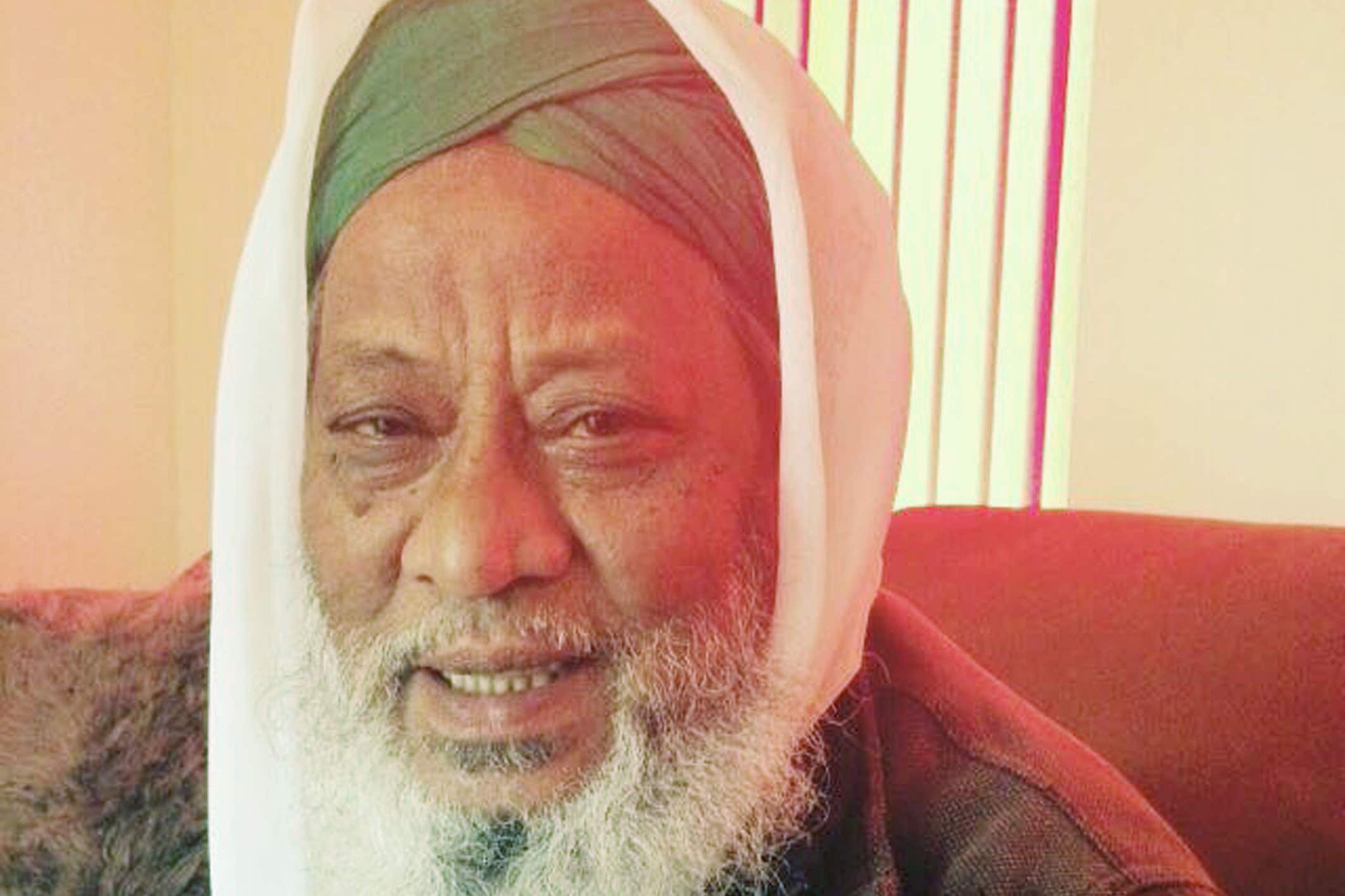‘Thorough and fearless’ inquiry to examine death of murdered imam
Jalal Uddin, 71, was bludgeoned with a hammer in a children’s play area in Rochdale, Greater Manchester, on February 18 2016.

A “thorough and fearless” public inquiry will examine whether any intelligence failures contributed to the “tragic outcome” of a murdered imam.
Jalal Uddin, 71, was bludgeoned with a hammer in a children’s play area in Rochdale, Greater Manchester, on February 18 2016.
Mohammed Kadir, then 24, is believed to have struck the fatal blows and planned the killing with former Manchester United steward Mohammed Syeedy, then 21, who drove Kadir to the scene and helped carry out surveillance on their target.
Kadir fled the UK three days after the killing and is thought to have headed to Syria, while Syeedy was in September 2016 convicted of murdering Mr Uddin and sentenced to life with a minimum term of 24 years.
Syeedy’s trial was told both men were sympathisers of the terrorist group calling itself Islamic State and consumed by hatred of Mr Uddin for his practise of Ruqyah, a form of exorcism, which the terror organisation considered “black magic”.
A third man, Mohammed Syadul Hussain, was convicted in April 2017 of helping Kadir leave the country and jailed for five years.
On Thursday, the chief coroner of England and Wales, Judge Thomas Teague KC, opened the first hearing of the inquiry into the death of Mr Uddin, who was of Bangladeshi heritage and had lived in the UK for 15 years before his death.
“Well-liked and respected” Mr Uddin was formerly an imam at the Jalalia Mosque in Rochdale and regarded as a scholar of the Koran, Liverpool Crown Court was told.
Inquiry chairman Judge Teague said: “If similar tragedies are to be avoided in future, there has to be a thorough and fearless investigation into the circumstances in which Mr Uddin came by his death.
“The criminal proceedings that have already taken place establish that he was the victim of a brutal act of murder, but were not able to explore the wider circumstances.”
“It has become clear in this case that for sound legal reasons an inquest would not be able to consider certain material that is highly relevant to the scope of the investigation, any more in fact than the criminal proceedings were able to do so.”
He said “some importance evidence” cannot be heard in open court and closed sessions will have to be held.
Judge Teague said the question of how and in what circumstances Mr Uddin died will “occupy the bulk of the inquiry’s time and effort”.
He added: “In particular, the inquiry will need to establish whether any failure took place in the gathering, handling or assessment of intelligence that might have contributed to the tragic outcome of this case.”
A previous pre-inquest hearing was told police were made aware in August 2015 of a number of extremist posts on Facebook by a “Mohammed Kadz”, later identified as Kadir.
From October 2015, Kadir was assessed and continued to be assessed as a person of high risk and significant concern, and latterly as someone who posed a risk of acting on his Islamist extremist aspirations.
On December 7 2015, a request was made for the appointment of a senior investigating officer in respect of Kadir but there was “some uncertainty” as to who had primary responsibility thereafter.
In January 2016, intelligence suggested Kadir had access to openly available extremist literature, including bomb-making manuals and other material providing instructions on how to wage violent jihad.
Judge Teague told the court: “I was appointed as chairman just four weeks ago today. I am determined to bring my investigation to a speedy conclusion.
“Those involved, especially Mr Uddin’s family, have already had to wait far too long for the answers they seek.”
The open hearings will take place in the week commencing September 23 next year at a venue to be fixed.
Bookmark popover
Removed from bookmarks